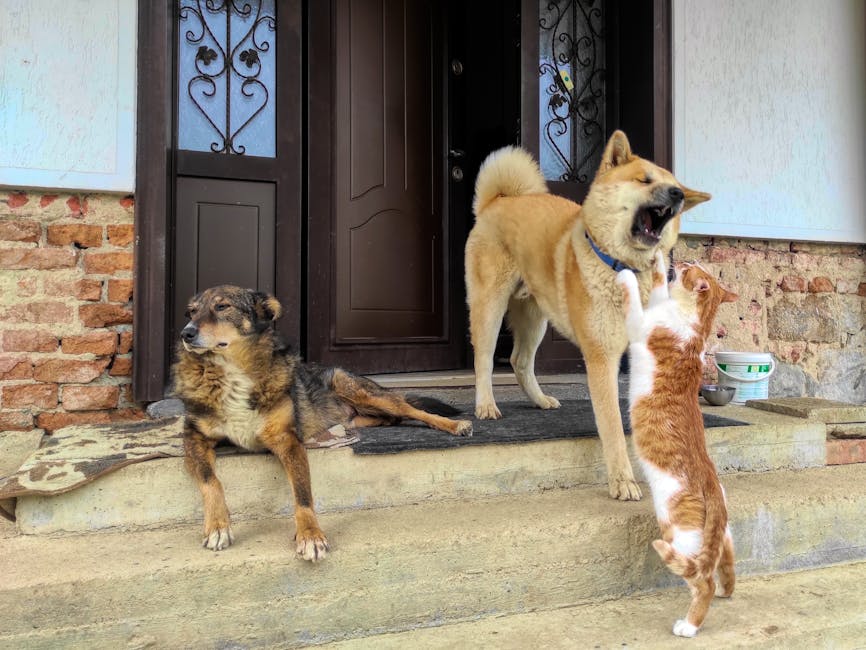Bringing a furry friend into your home, whether a playful pup or a curious kitten, is a joyous occasion. However, responsible pet ownership requires preparation and commitment. This guide offers essential tips for navigating the exciting world of cat and dog ownership, ensuring a happy and healthy life for your new companion.
One of the first considerations for new pet owners is choosing the right animal for their lifestyle. Dogs often require more attention and exercise, while cats can be more independent. Research different breeds to understand their specific needs and temperaments. Consider your living situation, activity level, and personal preferences before making a decision. Adopting from a shelter or rescue organization is a wonderful way to give a loving home to a pet in need.
Once you've welcomed your new pet home, establishing a routine is crucial. Consistent feeding times, designated potty breaks, and regular playtime create a sense of security and predictability for your furry friend. Dogs benefit from structured training, which helps them learn basic commands and good behavior. Cats appreciate a clean litter box and designated scratching posts to satisfy their natural instincts.
Providing a safe and enriching environment is essential for both cats and dogs. Pet-proof your home by removing potential hazards such as toxic plants, electrical cords, and small objects they could swallow. Provide comfortable bedding, toys, and scratching posts for cats. Dogs need a designated space to rest and relax, as well as access to fresh water and stimulating toys.
Nutrition plays a vital role in your pet's overall health and well-being. Choose high-quality pet food that meets their specific nutritional needs based on their age, breed, and activity level. Consult your veterinarian for recommendations on feeding schedules and portion sizes. Avoid feeding table scraps, as many human foods can be toxic to pets.
Regular veterinary care is crucial for preventing and managing health issues. Schedule an initial check-up for your new pet to establish a baseline for their health and discuss vaccinations, parasite prevention, and spaying or neutering. Follow your veterinarian's recommendations for routine check-ups and dental care.
Socialization is important for both cats and dogs, especially during their formative years. Expose them to a variety of sights, sounds, and experiences to help them develop into well-adjusted adults. Enroll your dog in obedience classes or puppy playgroups to help them learn appropriate social skills. Introduce your cat to new people and environments gradually to minimize stress.
Building a strong bond with your pet takes time, patience, and understanding. Engage in activities that both you and your pet enjoy, such as playing fetch, cuddling on the couch, or going for walks. Provide positive reinforcement through praise, treats, and affection. Remember that pet ownership is a lifelong commitment, filled with love, companionship, and the responsibility of providing a happy and healthy life for your furry friend.
